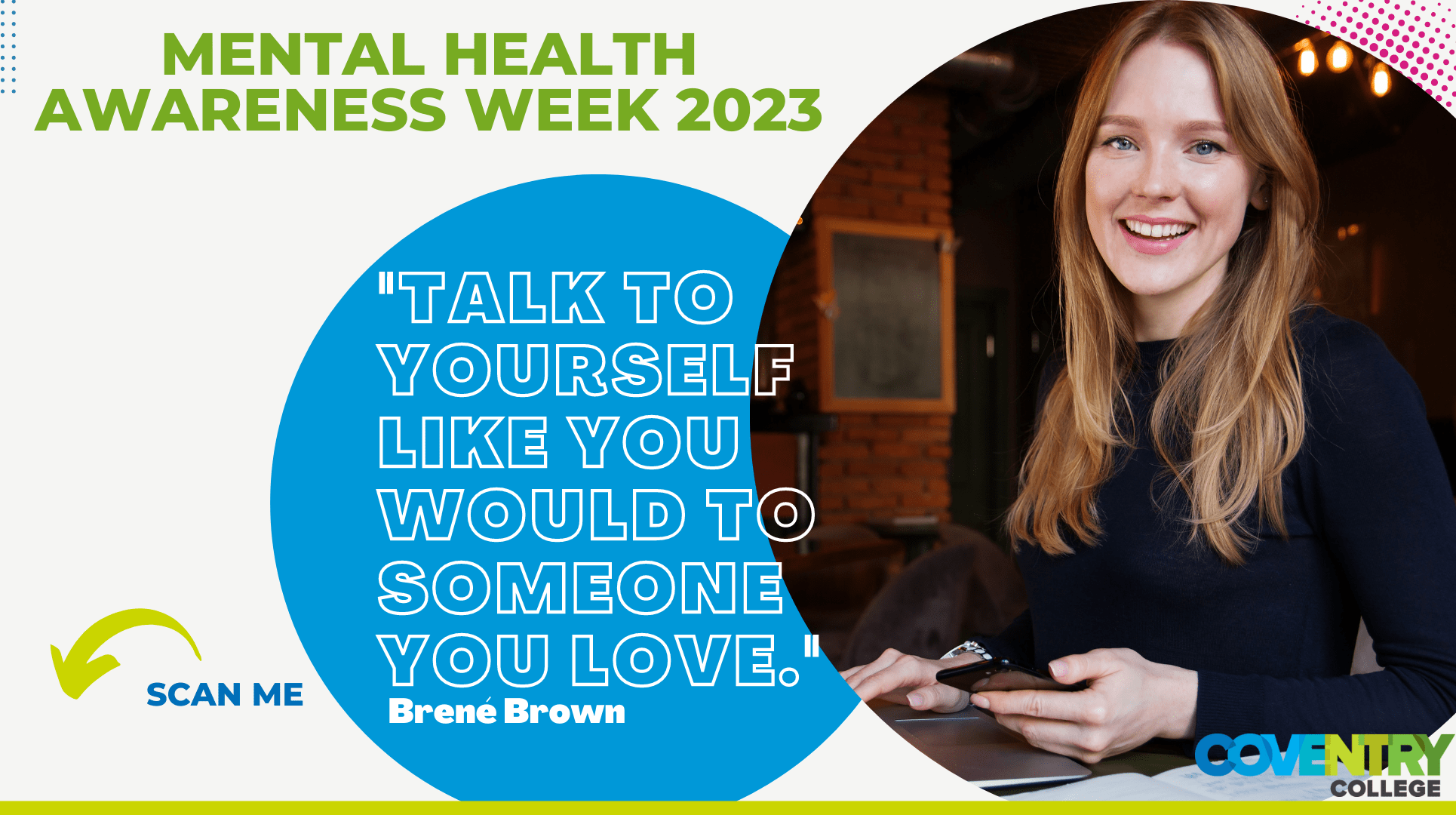
Self-talk is the inner dialogue that we have with ourselves on a daily basis. It can be positive or negative, and it plays a huge role in our mental health. Think of it as a running commentary on everything we do and think.
If we are constantly telling ourselves that we are failures, not good enough or that everyone is better than us, eventually we will start to believe it. This negative self-talk can lead to a downward spiral of low self-esteem and self-doubt.
Our brains are hardwired to remember negative experiences over positive ones, so we recall the times we didn’t quite get it right more than the times we do. We then replay these messages in our minds, fuelling negative feelings (Jantz, 2016).
Positive self-talk, as you are probably aware, is the exact opposite of negative self-talk.

It’s not about narcissism or deceiving ourselves into thinking things that are inaccurate. It’s more about showing yourself some self-compassion and understanding of who you are and what you’ve been through (Jantz, 2019).
If we tell ourselves that we are capable of anything, then we are more likely to achieve our goals.
When you believe in yourself, anything is possible! The benefits of positive self-talk include:
Here are some examples of positive self-talk:
In conclusion, the dialogue we engage in with ourselves shapes our perception of the world and our place within it. Negative self-talk can lead us down a path of self-doubt and diminished confidence, while positive self-talk can build resilience, self-assuredness, and a healthier perspective towards life’s challenges.
Remember, it’s not about denying our shortcomings, but recognising our strengths and learning from our experiences. Transforming our self-talk isn’t a trivial task, but it’s absolutely worthwhile.
So the next time you find yourself trapped in a cycle of negativity, recall these examples of positive self-talk and remind yourself of your inherent potential. After all, the most profound conversations we have are often the ones we have with ourselves. Harness this power, treat yourself with kindness, and watch as your life begins to reflect the positivity you’ve sown within your mind.
LISTEN TO THIS ARTICLE BELOW